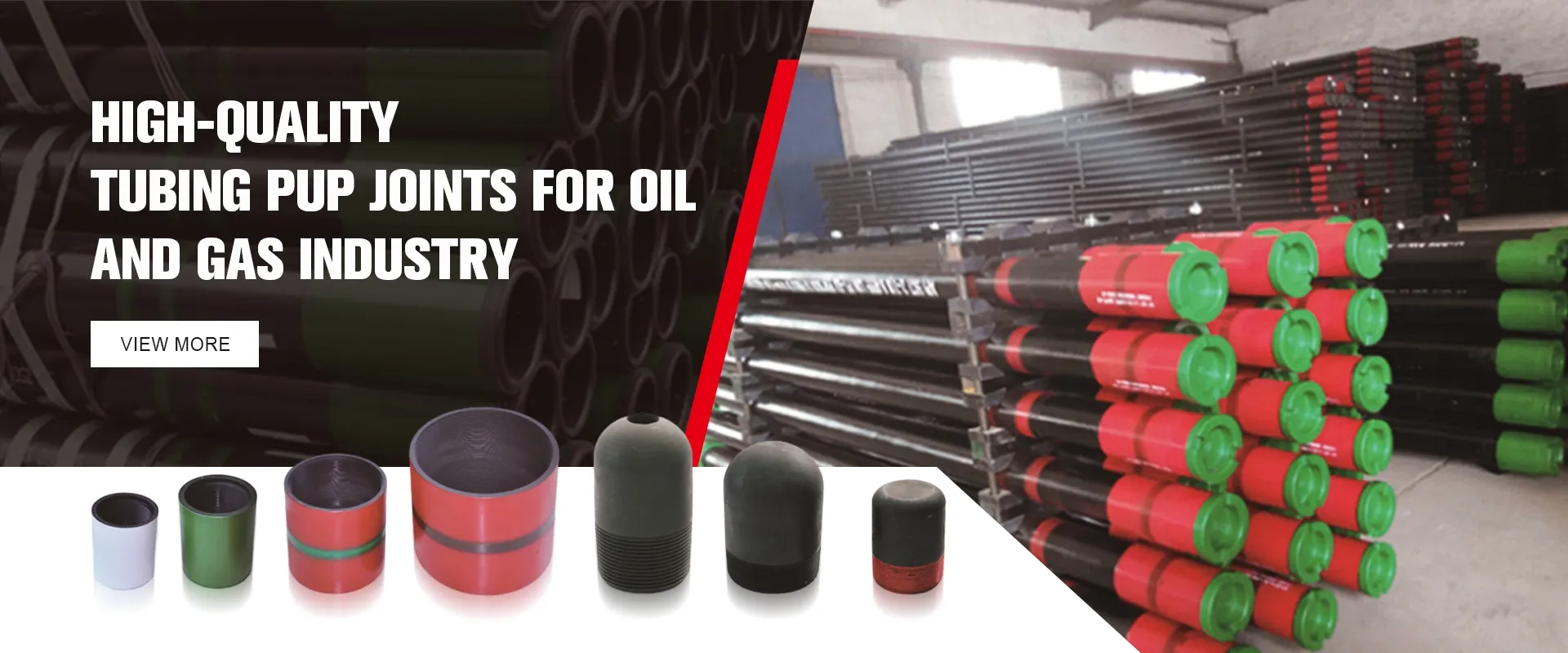- Afrikaans
- Albanian
- Amharic
- Arabic
- Armenian
- Azerbaijani
- Basque
- Belarusian
- Bengali
- Bosnian
- Bulgarian
- Catalan
- Cebuano
- Corsican
- Croatian
- Czech
- Danish
- Dutch
- English
- Esperanto
- Estonian
- Finnish
- French
- Frisian
- Galician
- Georgian
- German
- Greek
- Gujarati
- Haitian Creole
- hausa
- hawaiian
- Hebrew
- Hindi
- Miao
- Hungarian
- Icelandic
- igbo
- Indonesian
- irish
- Italian
- Japanese
- Javanese
- Kannada
- kazakh
- Khmer
- Rwandese
- Korean
- Kurdish
- Kyrgyz
- Lao
- Latin
- Latvian
- Lithuanian
- Luxembourgish
- Macedonian
- Malgashi
- Malay
- Malayalam
- Maltese
- Maori
- Marathi
- Mongolian
- Myanmar
- Nepali
- Norwegian
- Norwegian
- Occitan
- Pashto
- Persian
- Polish
- Portuguese
- Punjabi
- Romanian
- Russian
- Samoan
- Scottish Gaelic
- Serbian
- Sesotho
- Shona
- Sindhi
- Sinhala
- Slovak
- Slovenian
- Somali
- Spanish
- Sundanese
- Swahili
- Swedish
- Tagalog
- Tajik
- Tamil
- Tatar
- Telugu
- Thai
- Turkish
- Turkmen
- Ukrainian
- Urdu
- Uighur
- Uzbek
- Vietnamese
- Welsh
- Bantu
- Yiddish
- Yoruba
- Zulu
Understanding the Importance of Coupling Casing in Oil and Gas Applications
Understanding Coupling Casing in Mechanical Systems
Coupling casing serves as a crucial component in various mechanical systems, particularly in applications involving rotating machinery. It acts as an essential link between different elements, ensuring proper alignment and connection. In this article, we will delve into the significance of coupling casing, its types, applications, and the benefits it offers.
Coupling casing is designed to connect two shafts, allowing them to transmit power efficiently from one part of a machine to another. This transmission is vital in numerous industries, including manufacturing, automotive, and aerospace, where precision and reliability are paramount. The casing protects the internal components from external influences such as dust, debris, and moisture, ensuring the longevity and efficiency of the mechanical system.
There are various types of coupling casings, each tailored to meet specific needs. The most common types include rigid couplings, flexible couplings, and fluid couplings. Rigid couplings are used where precise alignment is necessary, while flexible couplings allow for some misalignment between shafts, accommodating vibrations and shocks. Fluid couplings, on the other hand, use hydraulic principles to transmit power and are often found in heavy machinery.
coupling casing

In terms of materials, coupling casings can be manufactured from metals, plastics, or composites, depending on the application's requirements
. Metal casings offer superior strength and durability, while plastic options are lightweight and resistant to corrosion. Composite materials are increasingly popular due to their balance of strength, weight, and resistance to environmental factors.The benefits of using a coupling casing in mechanical systems cannot be overstated. Firstly, they ensure efficient power transmission, minimizing energy loss and improving overall system performance. Secondly, they contribute to the safety of the mechanism by providing a secure connection and reducing the risk of disconnection during operation. Thirdly, coupling casings can absorb and dampen vibrations, protecting sensitive components from potential damage.
Applying coupling casings effectively can also lead to reduced maintenance costs. By ensuring proper alignment and minimizing wear and tear, these components can extend the lifespan of the machinery, leading to fewer repairs and replacements. Additionally, their protective nature contributes to lower operational downtimes, ultimately enhancing productivity.
In conclusion, coupling casing plays an integral role in the functionality of mechanical systems. Its ability to connect, protect, and enhance machinery underscores its importance in industries that rely on precision and reliability. As technology advances, we can expect innovations in coupling casing design and materials, further improving their efficiency and effectiveness in various applications.
-
Tubing Pup Joints: Essential Components for Oil and Gas OperationsNewsJul.10,2025
-
Pup Joints: Essential Components for Reliable Drilling OperationsNewsJul.10,2025
-
Pipe Couplings: Connecting Your World EfficientlyNewsJul.10,2025
-
Mastering Oilfield Operations with Quality Tubing and CasingNewsJul.10,2025
-
High-Quality Casing Couplings for Every NeedNewsJul.10,2025
-
Boost Your Drilling Efficiency with Premium Crossover Tools & Seating NipplesNewsJul.10,2025







